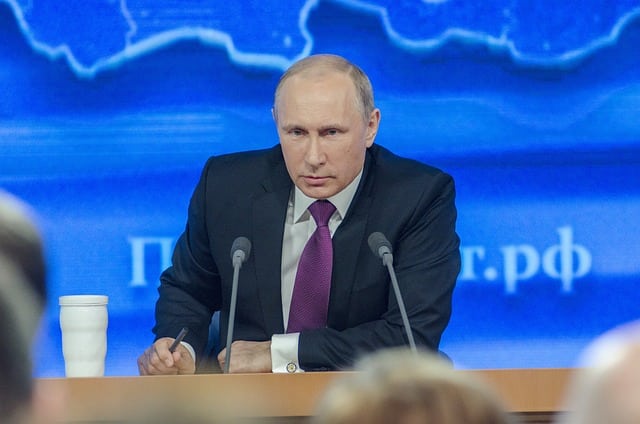
A representative exercises very important functions in the public administration.
Mandatory is a term that comes from the Latin word mandatarius . This noun is used to name the individual who has been chosen to perform very important functions in the field of public administration.
A representative, therefore, is a person with command capacity who can make important decisions in the exercise of power . Generally, the notion is used as a synonym for mayor , mayor , governor or president , among other managerial positions within the State apparatus.
For example: “The president will hold a press conference at 5 p.m. to refer to the trade agreement established with China,” “Since Dr. Rapollemi became the communal president, he has never answered the phone,” “I think the “The population is already tired of these rulers and will decide on a change of leader in the next elections.”
Leaders in democracies and dictatorships
The role of the president, in democratic systems, is established by the Constitution and the laws .
People who access a position of these characteristics only remain in office for the time stipulated by law, while their power is also limited by the regulations. In a dictatorial regime, on the other hand, the president has no limits or restrictions on his actions.

Russian Vladimir Putin is mentioned as one of the richest leaders in the world.
The richest in the world
Along with power comes fame and, in many cases, fortune. Although it is known that many high-ranking government positions have considerable salaries, some leaders have a balance in their bank accounts that is scary and makes one question the origin of their income.
Let's take the case of the data corresponding to the year 2014 . Vladimir Putin , the president of Russia , was the richest in the world. His net worth was estimated at 40 billion dollars, which was equivalent to almost 30 billion euros. A curious fact is that in 2007, at the height of legislative elections, he declared a much smaller fortune: around 150 thousand dollars. However, it is worth mentioning that by then he had already been able to acquire more than ten luxury yachts. In addition to his numerous and ostentatious belongings, in 2014 he was a shareholder in several high-caliber companies .
The then king of Thailand , Bhumibol Adulyadej , knew how to be the president with the second largest fortune on the planet. Throughout his tenure, which began in 1946, he achieved a net worth of approximately $30 billion, in addition to having a record of tenure in office . Along with the almost 3,500 acres of land it owned in Bangkok, it had many companies, including Siam Cement , the largest Thai industrial conglomerate.
In third place was Hassanal Bolkiah , the Sultan of Brunei , who was to manage around $20 billion. That said, it is not difficult to believe that he had a car collection considered among the most expensive and extensive in the world, full of unique or extremely rare and difficult to find pieces.
He was followed, in 2014, by Abdullah bin Abdulaziz Al Saud , the former king of Saudi Arabia . The fortune of this president was estimated at 18 billion dollars, but it is worth mentioning that this monarch was known for his dedication to charitable works and for his reforms in favor of women's rights.
The term agent in law
In law , on the other hand, an agent is known as someone who represents a plaintiff in accordance with the provisions of a contract known as a mandate . In other words, the agent personally assumes a mission that corresponds to the plaintiff at his request.
In this type of consensual contract, the principal can be a legal or natural person who carries out an assignment to the agent, who assumes the management of the former's affairs.
